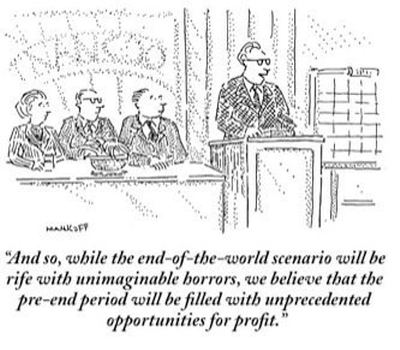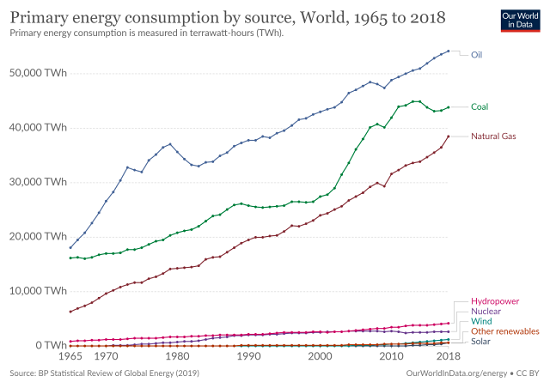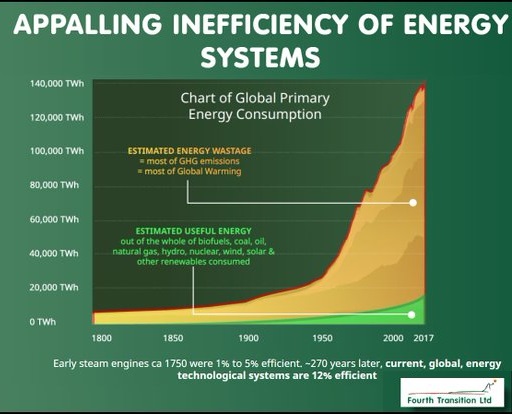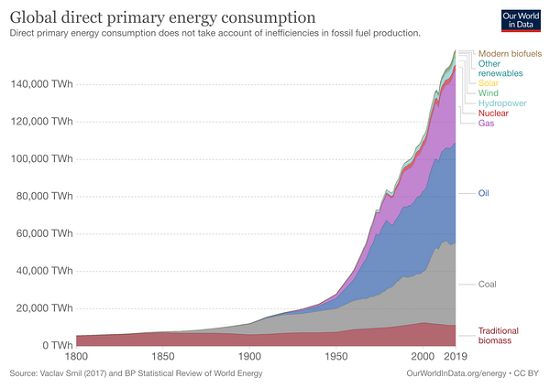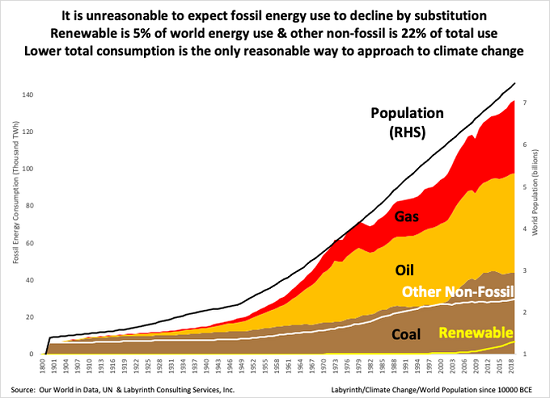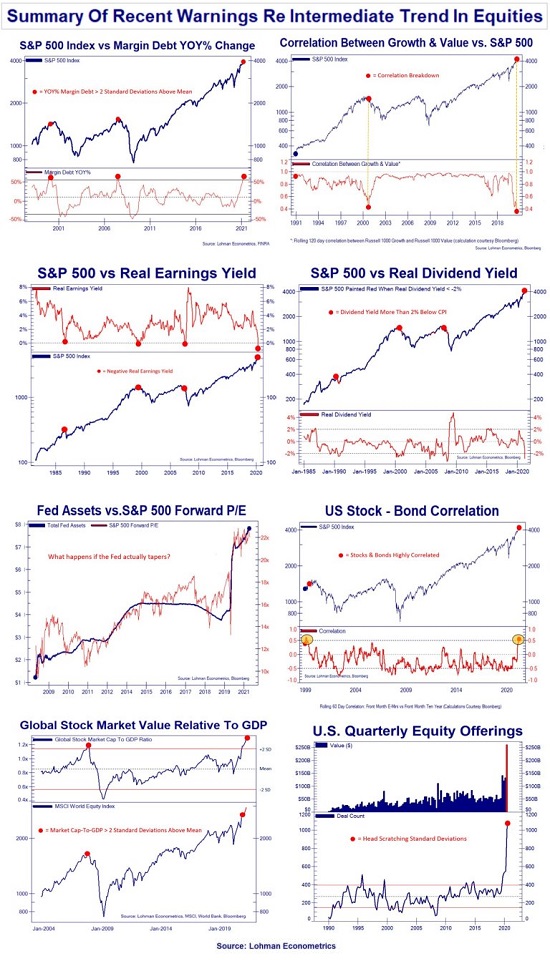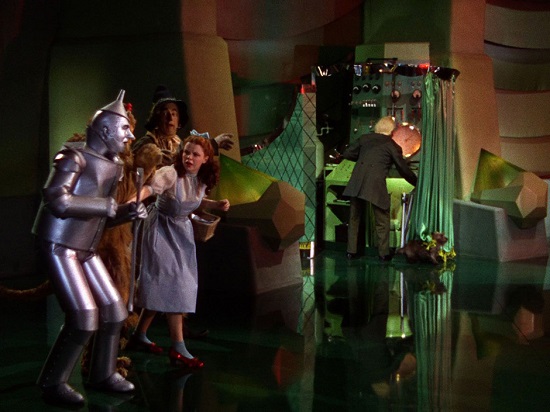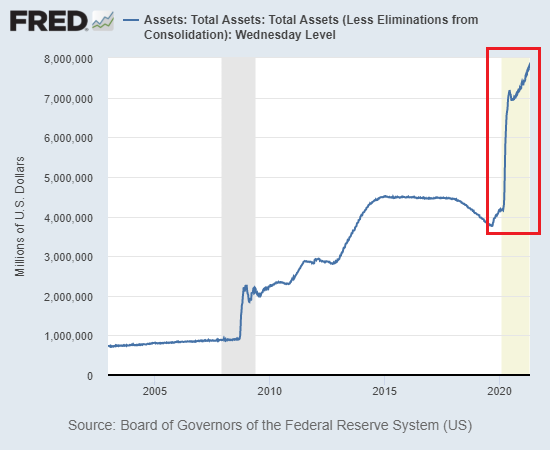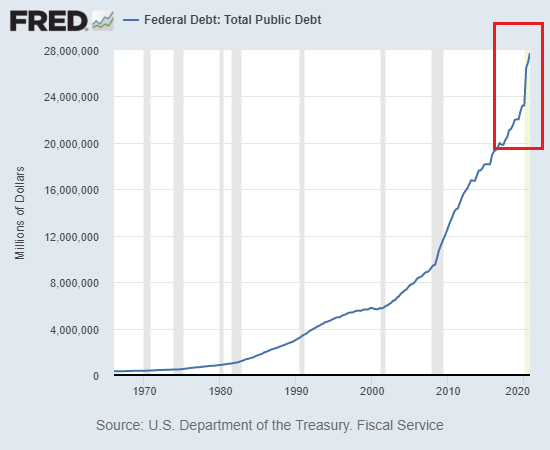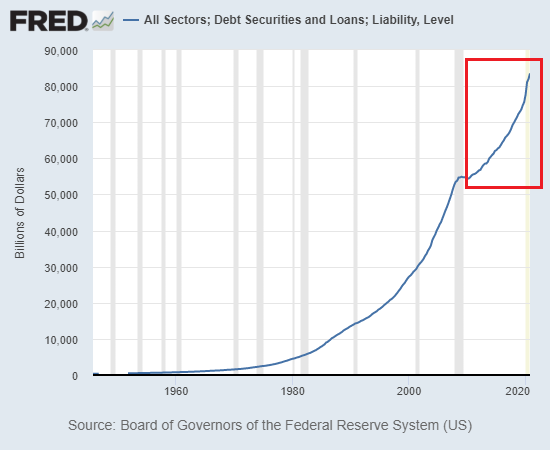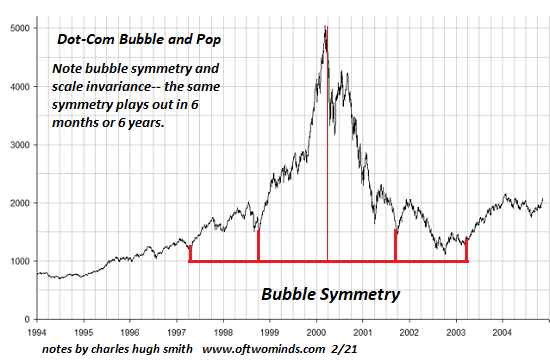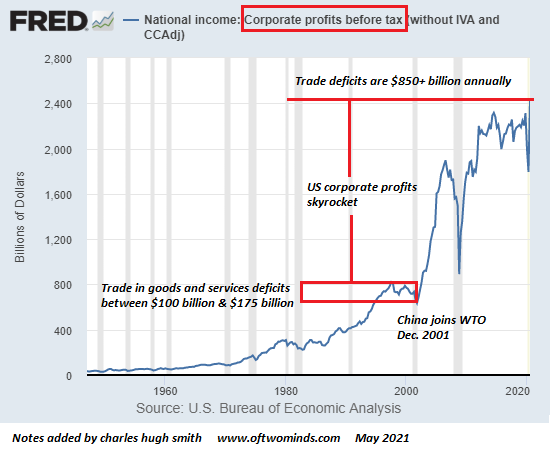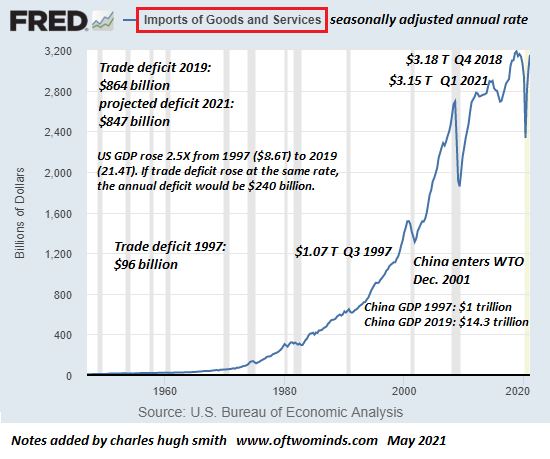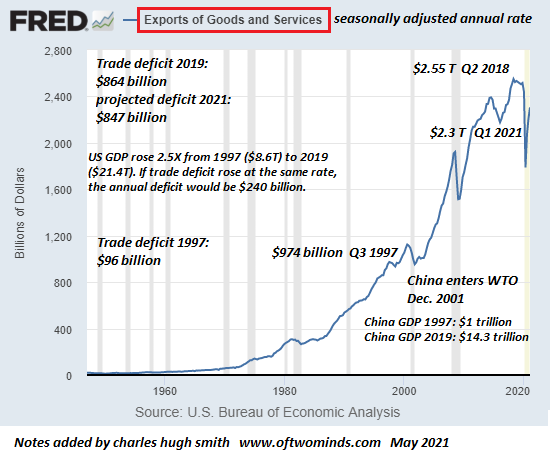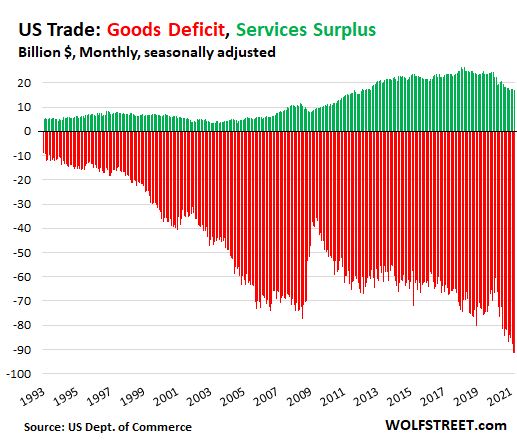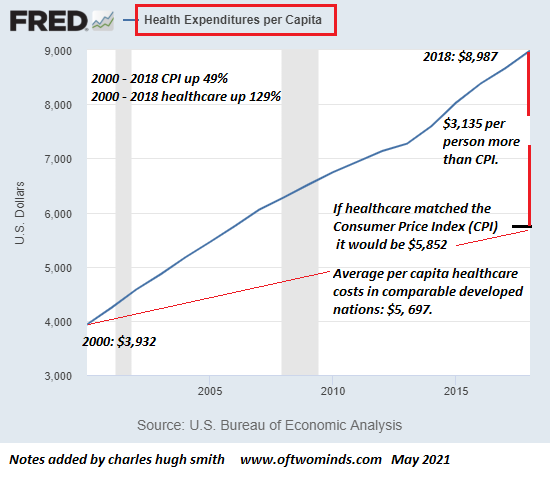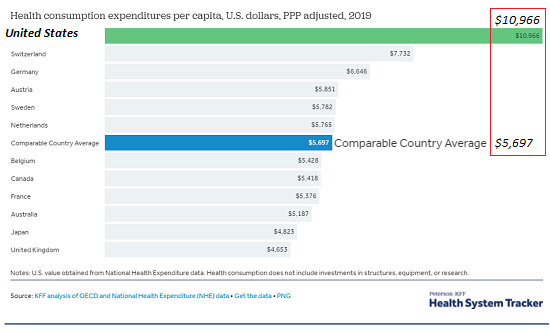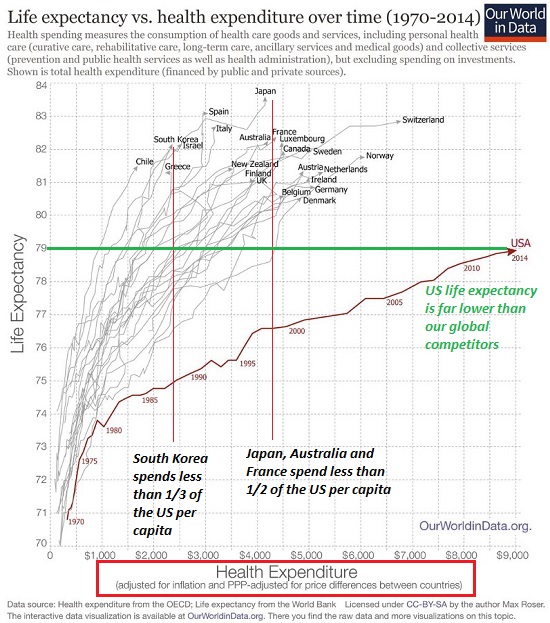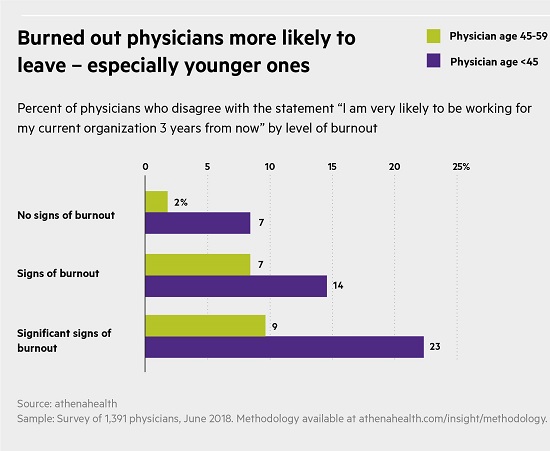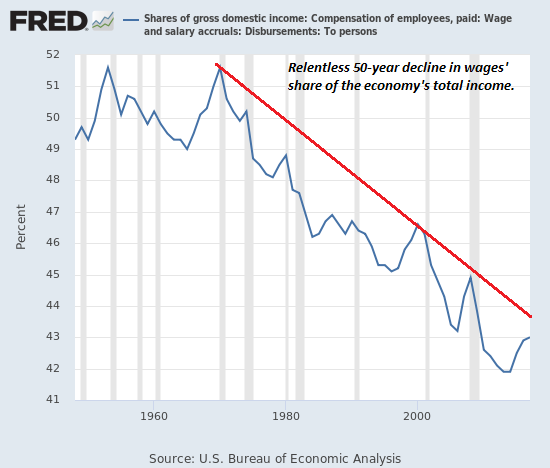Why the Minimum Wage Should Be $18/Hour
What does it say about our "prosperity" if we can't even afford to equal
the purchasing power of the minimum wage paid 50 years ago? It says the 1% got the mine
and the bottom 90% got the shaft.
Given the rising prosperity we keep hearing about, shouldn't we be able to provide minimum
wage workers the same purchasing power they enjoyed 50 years ago in 1970? This is a very
simple proposition: either can provide minimum
wage workers the same purchasing power they enjoyed 50 years ago or we can't, and if we can't,
then all the claims about "rising prosperity" are revealed as false.
Since I was a minimum wage earner in 1970 at age 16, I have first-hand experience of the
purchasing power of minimum wages in the 1970-1974 era. Let's keep it simple:
how many hours of minimum wage labor did it take to buy a new economy car, a new house and
rent a studio apartment in one of the most expensive cities in the U.S.?
To keep it simple, let's set aside taxes and just use the basic minimum wage, not the net wage.
Never mind all the fancy statistical footwork of hedonics, substitution and weighting
that are deployed to arbitrarily lower the rate of consumer price inflation. In the real world, wage
earners bought whatever cars and houses were available at the time, and rented whatever apartments
were available at the time.
The only accurate way to measure the purchasing power of labor is to ask:
how many hours of labor did it require to pay the rent, buy a new car or buy a new house?
Any other measure is just sleight of hand intended to obscure the collapse of wages'
purchasing power.
In 1970, I earned $1.65 an hour. A new economy car (Ford Maverick or VW beetle) was $2,000,
so it took about 1,200 hours of work to buy a new economy car.
A new house cost on average about $26,000 in 1970, so it took 15,750 hours of minimum wage labor
to buy a new house.
At today's federal minimum wage of $7.25/hour, it takes 3,000 hours to buy a basic 2021 Honda Civic
or equivalent which costs $22,000. To buy a new economy car today with 1,200 hours of minimum
wage labor, the minimum wage would need to be $18.30 /hour: 1,200 time $18.30 = $21,960.
At today's federal minimum wage of $7.25/hour, it takes 56,000 hours to buy the average priced
house which now costs $408,000. Let's say there are houses available for $300,000, so it
takes 41,380 hours of minimum wage labor to buy a house.
To buy a new house for $408,000 with 15,750 hours of labor, the wage would need to be $25.90/hour.
To buy a $300,000 home with 15,750 hours of labor, the wage would need to be $19/hour.
Moving forward a few years to 1974, the minimum wage increased to $2/hour, and I rented a small
studio apartment in Honolulu, one of the most expensive cities in the U.S. for $120/month.
Thus it took 60 hours of minimum wage labor to pay the rent.
Studio apartments in Honolulu are now around $1,100/month rent, so to pay the rent with 60 hours
of minimum wage labor, the minimum wage would need to be $18.30/hour.
In 1974, I paid $89.25 in tuition and $27 student fees per semester to attend the University
of Hawaii at Manoa. (These numbers stick in your head when you're paying for them in cash
earned at low-paying jobs while you're carrying a full five courses a semester.) That's $233 per
year. At a wage of $2/hour, it took 116 hours of labor to pay the annual tuition and fees.
The current cost of tuition and fees at the University of Hawaii at Manoa is $12,186 per year.
To pay the tuition and fees with 116 hours of work, the hourly wage would need to be $105/hour.
If America gets any more "prosperous," I won't know whether to puke or go blind.
To equal the purchasing power of minimum wages in 1970-1074, the minimum wage would have to be
at least $18/hour. Anything less does not equal the purchasing power of the minimum wage
paid 50 years ago, and no amount of statistical trickery can erase this reality.
What does it say about our "prosperity" if we can't even afford to equal
the purchasing power of the minimum wage paid 50 years ago? It says the 1% got the mine
and the bottom 90% got the shaft.
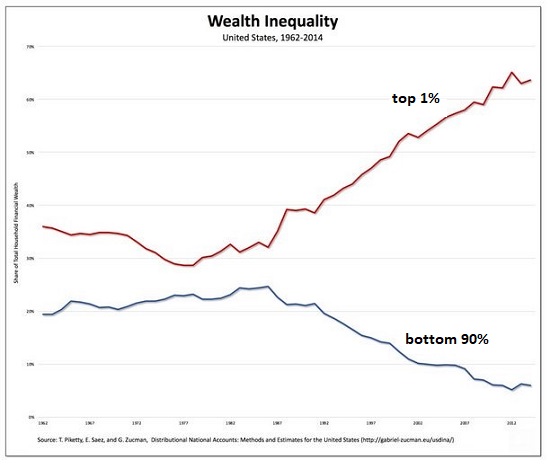
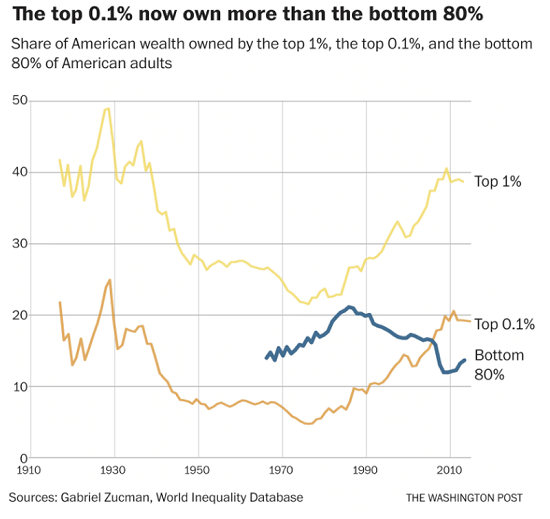
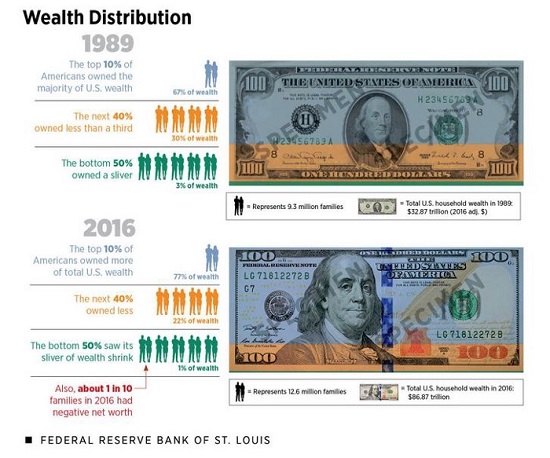
sources:
https://www.dol.gov/agencies/whd/minimum-wage/history/chart
https://www.bls.gov/data/inflation_calculator.htm
http://www.1970sflashback.com/1970/economy.asp
http://www.thepeoplehistory.com/70scars.html
https://www.statista.com/statistics/240991/average-sales-prices-of-new-homes-sold-in-the-us/
https://files.eric.ed.gov/fulltext/ED086037.pdf
If you found value in this content, please join me in seeking solutions by
becoming
a $1/month patron of my work via patreon.com.
My new book is available!
A Hacker's Teleology: Sharing the Wealth of Our Shrinking Planet
20% and 15% discounts (Kindle $7, print $17,
audiobook now available $17.46)
Read excerpts of the book for free (PDF).
The Story Behind the Book and the Introduction.
Recent Podcasts:
Charles Hugh Smith on the Era of Accelerating Expropriations (38 min) (FRA Roundtable Insight)
Covid Has Triggered The Next Great Financial Crisis (34:46)
My COVID-19 Pandemic Posts
My recent books:
A Hacker's Teleology: Sharing the Wealth of Our Shrinking Planet
(Kindle $8.95, print $20,
audiobook $17.46)
Read the first section for free (PDF).
Will You Be Richer or Poorer?: Profit, Power, and AI in a Traumatized World
(Kindle $5, print $10, audiobook)
Read the first section for free (PDF).
Pathfinding our Destiny: Preventing the Final Fall of Our Democratic Republic
($5 (Kindle), $10 (print), (
audiobook):
Read the first section for free (PDF).
The Adventures of the Consulting Philosopher: The Disappearance of Drake
$1.29 (Kindle), $8.95 (print);
read the first chapters
for free (PDF)
Money and Work Unchained $6.95 (Kindle), $15 (print)
Read the first section for free (PDF).
Become
a $1/month patron of my work via patreon.com.
NOTE: Contributions/subscriptions are acknowledged in the order received. Your name and email remain confidential and will not be given to any other individual, company or agency.
|
Thank you, Robert H. ($50), for your marvelously generous contribution to this site -- I am greatly honored by your support and readership. |
Thank you, Herb S. ($200), for your beyond-outrageously generous contribution to this site -- I am greatly honored by your steadfast support and readership. |





















